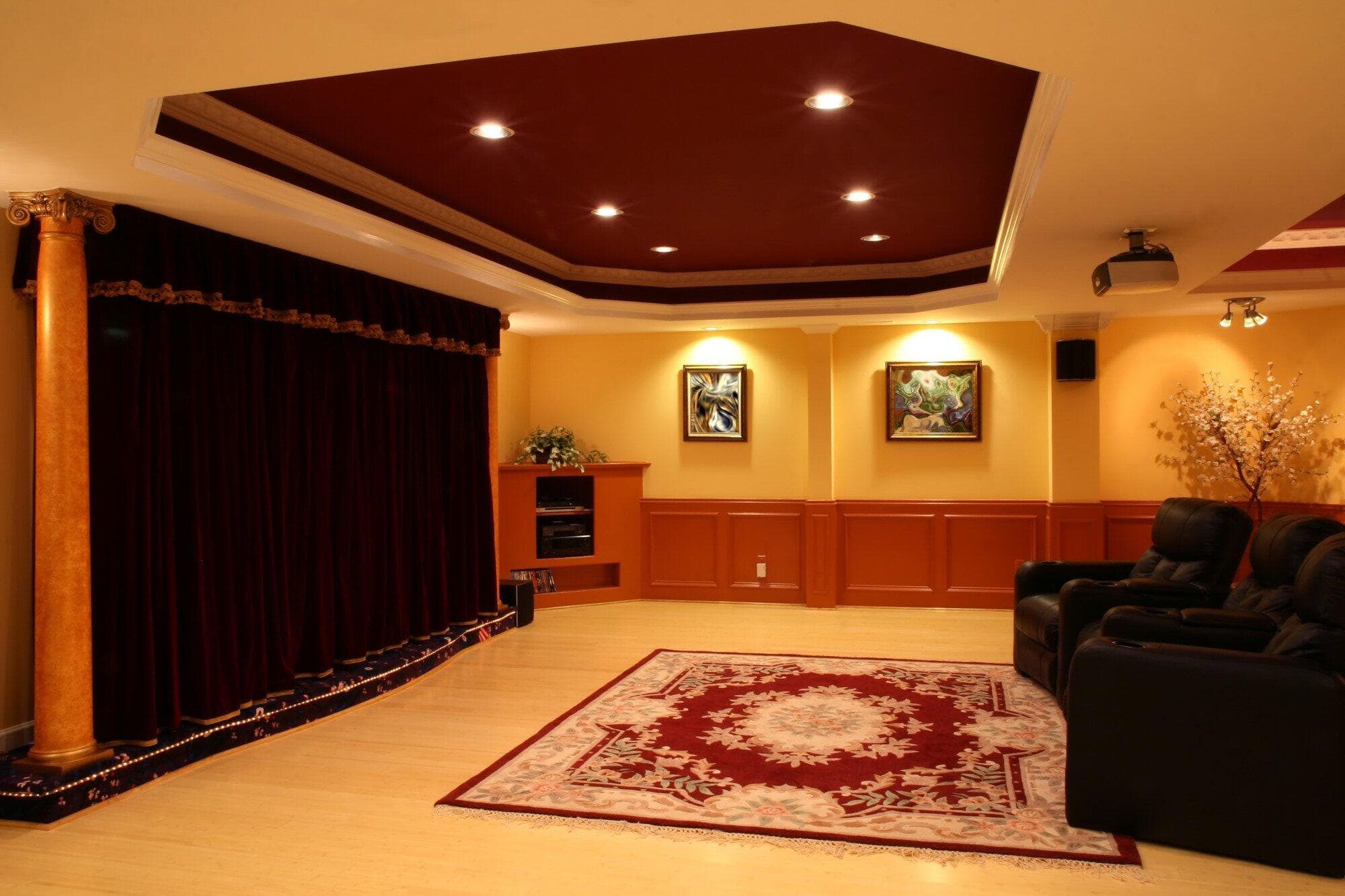There’s a reason why the home audio equipment market is expected to be worth $35.501 billion by the year 2028. Anyone who’s been to a movie theater knows the difference that quality sound can make when you watch a film.
Unfortunately recreating this sound in your home theater can be easier said than done. Part of the problem is the wide array of home theater speakers to choose from.
So what do you look for when you’re selecting one of these? And how long will it take you to set up? In this guide, we’ll answer these questions so you can create movie sound magic right from your own home.
Pricing
Home theater speakers can quickly get expensive, especially if you’re investing in a full set-up. On top of that, you likely have other home theater expenses that you’ll want to put money toward.
As such, you should make sure to set a realistic budget for the audio component of the theater. This is important because it will determine things like how big your set-up should be.
How Many Speakers You Want
There’s not necessarily a right amount, but when it comes to home theater speakers it’s generally agreed that more is better. A basic set-up would include only two speakers, one on the left and another on the right.
While this produces a stereo sound, it’s not great for home theaters. That’s because to create a home sound that rivals a movie theater you’re going to need at least three speakers: one in the center and two on both sides.
If you want to mimic the theater experience with sound effects, you’ll want six speakers including:
- A right and left speaker
- A center speaker
- A right and left rear speaker
- A subwoofer
This will create the surround sound feel that you get at the movies. However, remember that your room can also dictate the appropriate amount of speakers.
So we recommend consulting with a home audio technology professional if you aren’t sure.
Types of Speakers
There are many different types of home entertainment speakers out there. Some are floor-standing, others need to be installed on the walls. Bookshelf speakers require shelving of some sort.
Soundbars go across the center of your television to slightly improve the sound. You can mix and match different types of speakers, but it’s important to keep them in mind when planning for floor space. Personal preference can also come into play.
Home Theater Speaker Brands
There are a lot of quality brand home theater speakers out there. Some of our favorites include things from JBL, Pro Audio Technologies, and Dolby Atmos Systems – all of which we provide.
If you’re going with off-brand speakers, make sure you do some research. While certain brands might save you some money, they can end up costing you a lot in terms of sound quality.
Think About the Room and Acoustics
Another thing you need to consider when selecting home theater speakers is the science of acoustics. Specially, how acoustics interact with the room you’ve chosen for your home theater.
Just because a speaker is great doesn’t necessarily mean it’s a good fit for your theater room. For example, a small but quality speaker setup might work great in a small bedroom-sized theater.
However, if you take that same set-up and put it in a large room with high ceilings it’s going to sound quite weak. The opposite is true too. A large speaker set-up can be great for a big home theater space.
But when it’s placed in a small room it can overwhelm everything else and be thrown out of balance. Think of how to maximize the acoustics of the room for your speaker set-up.
This starts with finding the right size, but you can also improve the elements on the wall that properly absorb the sound.
What Other Theater Elements to Think About
It’s important to remember that you shouldn’t put all of your money into speakers when designing a home theater. That’s because there are other elements you’ll need. At a bare minimum, you will need to following:
- A video source in the form of a media play or cable signal
- A home theater receiver which is used to power and connect everything
- A television, projector, or screen
On top of that, you also want to think of how to make the space comfortable. This might include proper seating, light control, gaming consoles, and remote control systems.
Check out this guide if you want to go into depth about what to include in a small home theater.
How Long Will It Take You to Set Up Your Home Theater Speakers?
If you’re going the DIY route the amount of time it takes to set up will depend on the complexity of your speaker design and your skill level. If you have a bit of wiring and electronics skills, then a basic speaker set-up likely won’t take more than an hour or two.
However, if you’re using seven or more speakers for surround sound, the wiring is going to get complex quickly. Even wireless surround sound is going to take a while. This will likely take even experienced people a day to complete.
And if you don’t have experience, it can drag on indefinitely. Worse, you might set up the sound system incorrectly so you’re not even getting your money’s worth.
That’s why unless you’re extremely handy we recommend hiring a professional to help you with your home theater speakers. There are simply more benefits to it compared to DIY.
It will save you time, and frustration, and it ensures that you’re happy with the quality of the speaker set-up.
Need Home Theater Speakers? Contact Briggs A/V Solutions
We hope this guide helped you learn more about selecting your home theater speakers. Here at Briggs A/V Solutions, we know how hard it can be to find the perfect sound set-up for your theater.
Part of the reason is no two home theaters are alike. That’s why we work with you to come up with custom solutions for your sound needs.
So if you’re ready for the hands-on treatment your home theater deserves, get in touch with us today.






